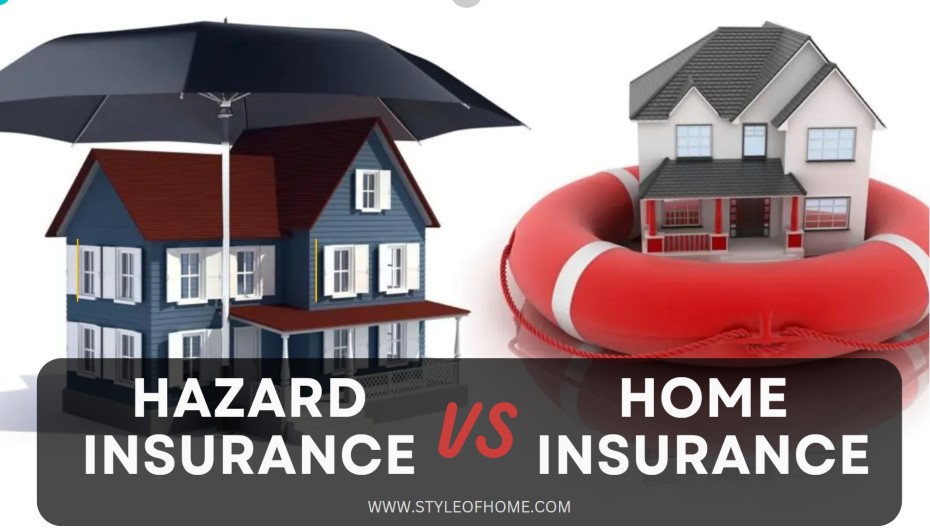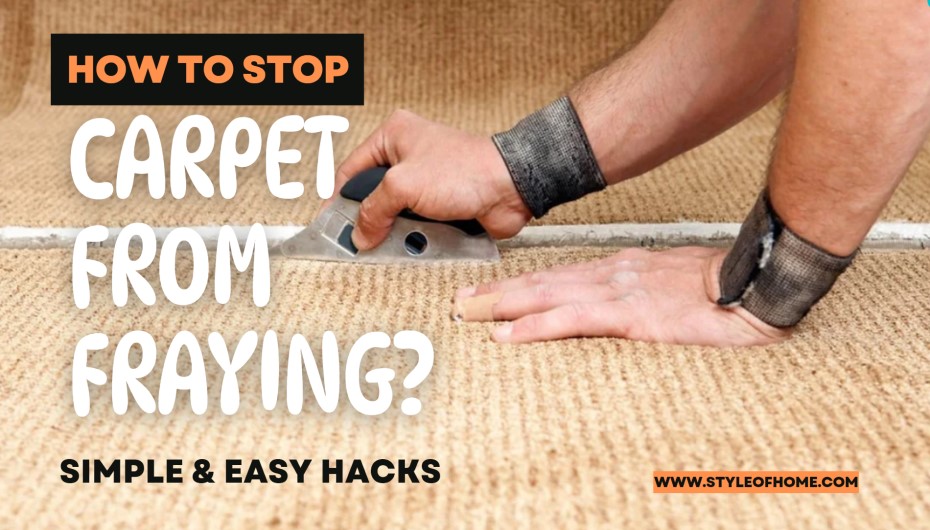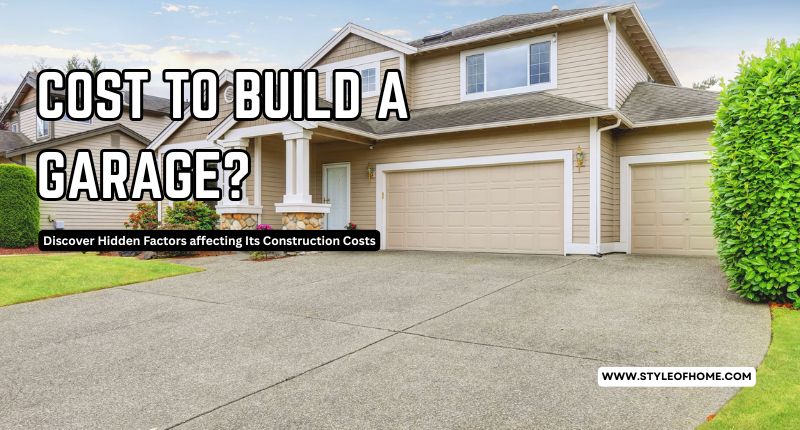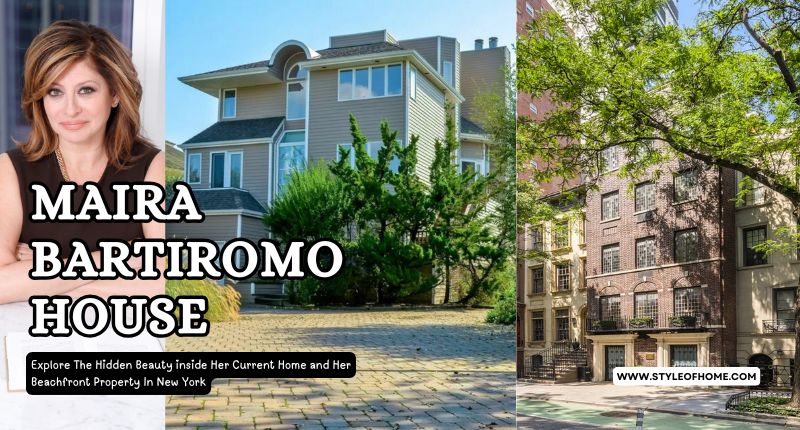Protecting your home is important, and understanding insurance terms is a big part of that. You may have heard of “hazard insurance” and “home insurance”, but what’s the difference? Hazard insurance covers specific dangers like fires and theft, while home insurance covers more, including liability. But it doesn’t end here. You should have all the knowledge regarding hazard insurance vs home insurance before choosing one.
Today, in this guide, we’ll explain the differences between hazard insurance and home insurance in simple terms. You’ll find out how hazard insurance and home insurance work. So that, you can make smart choices about your home’s protection.
Hazard Insurance Vs Home Insurance
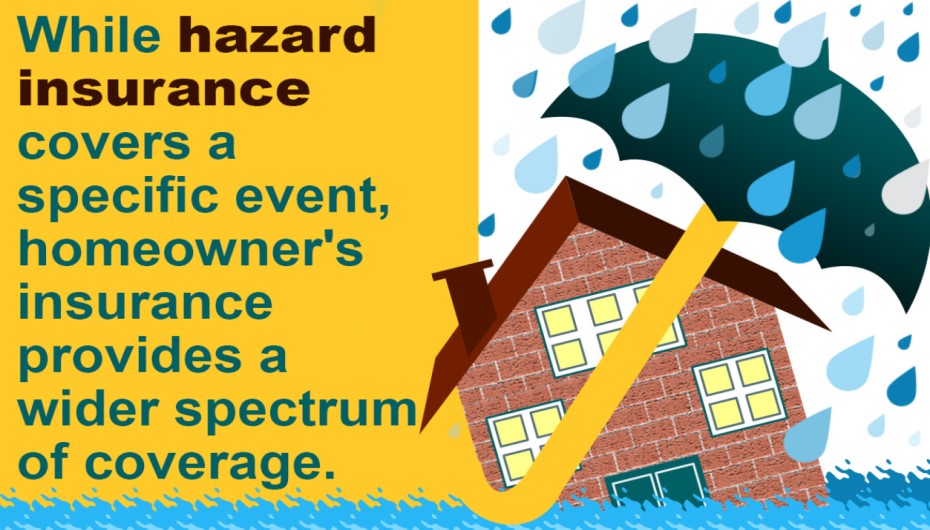
Hazard insurance is like a shield for your home. It protects from natural disasters and specific dangers like fire, lightning, theft, and storms. It only covers the physical structure of your home.
On the other hand, home insurance is like a comprehensive protection plan that covers not only hazards but also liability, personal belongings, and additional structures on your property. It helps pay for repairs or replacement if something bad happens, like a fire or a big storm. It also helps cover medical bills if someone gets hurt on your property, or pays for a place to stay if your home is too damaged to live in.
So, while hazard insurance is a part of home insurance, home insurance is a broader protection that gives you more comprehensive coverage. Let’s briefly cover hazard insurance and home insurance one by one.
What is Hazard Insurance?
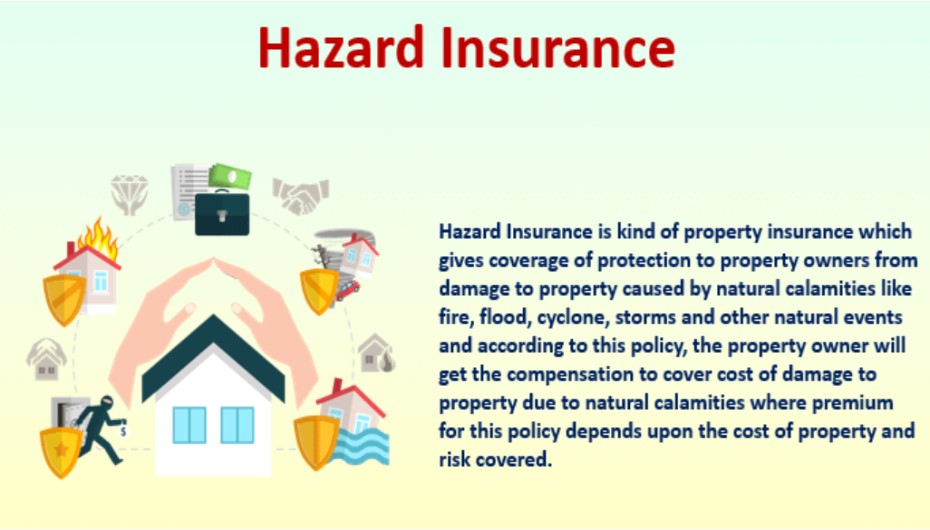
Hazard insurance is a part of your homeowners’ insurance. It helps pay for repairs or rebuilding if your home structure like walls, roof, and windows is damaged or destroyed by certain disasters like fire, lightning, storms including tornadoes or hurricanes, and theft.
It’s usually required if you have a mortgage, and it’s a good idea even if you don’t have a mortgage, to help protect your home and your finances.
How Hazard Insurance Works?
Hazard insurance protects your home’s structure from foundation to flooring as well as heating/cooling systems. This is how hazard insurance works. You buy hazard insurance to protect your home. You pay a little money each month or year, called a premium. If a hazard damages your home, you file a claim. The insurance company pays for repairs or rebuilding, up to the policy limit. You can then repair or rebuild your home, with financial help from the insurance company. You can choose from two types of policies below.
1. Named Peril Policy
A named-peril policy covers specific damages like water overflow, explosions, riots, storms, theft, vandalism, electrical issues, volcanic eruptions, damage from aircraft or vehicles, and fire.
2. Open Peril Policy
An open peril policy covers many damages, but not everything. Separate coverage is needed for big disasters like earthquakes, floods, and termites. Some things that aren’t covered include water leaks, maintenance tasks, floods, earthquakes, mold, homes left empty for too long, and war.
Benefits and Drawbacks of Hazard Insurance
It’s important to know what is covered and what is not if you choose hazard insurance for your home. Please remember, if you live in an area that floods or has earthquakes, hazard insurance won’t protect you from those disasters.
Benefits
It covers unexpected events like natural disasters, theft, and accidents. It helps maintain your property’s value by covering repairs and rebuilding. Some policies cover liability too if someone is injured on your property.
Drawbacks
Policies may not cover all types of hazards or damages like floods or earthquakes. It doesn’t also cover personal belongings. Their premiums can rise over time. If you live in an area prone to natural disasters, you may pay higher premiums.
What is Homeowners Insurance?
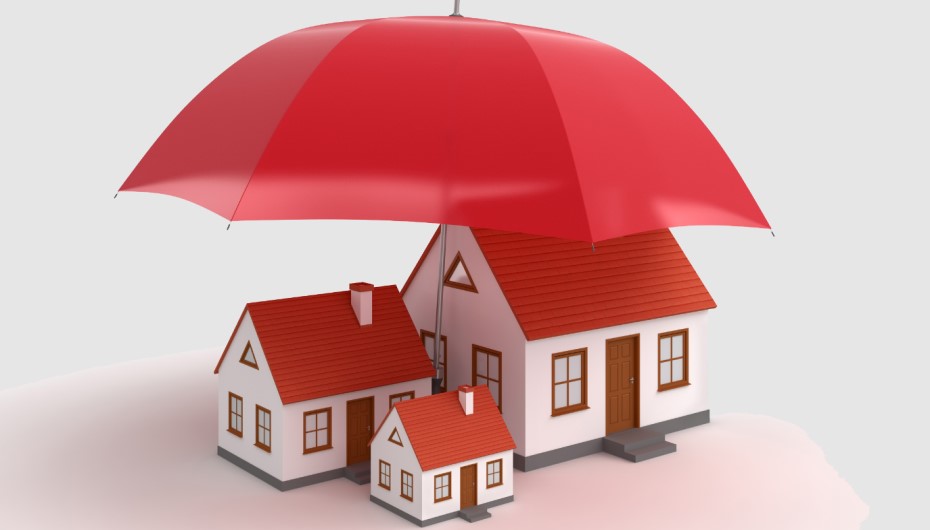
Homeowners insurance helps pay for damages to your home or belongings if something bad happens. It covers your home’s structure, personal belongings, and other buildings on your property. If someone gets hurt on your property, it also helps with medical bills or legal fees.
This insurance protects you from unexpected events, giving you peace of mind and financial security. The insurance policy lists specific bad things called “perils” that it will pay for. When discussing hazard insurance vs home insurance, you now should understand that hazard insurance is a part of home insurance because home insurance covers home structure too.
How Home Insurance Works?
When you buy home insurance, you get six kinds of protection.
- Home Protection: Covers damages to your home and attached things like appliances and flooring just like hazard protection.
- Legal Protection: Helps pay for legal fees and damages if you’re responsible for an accident.
- Personal Belongings: Covers damages to your stuff inside the home, like furniture, bags, books, and clothes.
- Other Structures: Covers separate buildings like garages, barns, stables, pools, guest houses, and fences.
- Guest Medical Expenses: Covers medical costs if someone gets hurt on your property.
- Living Expenses: Helps pay for extra costs if you can’t live in your home.
Benefits and Drawbacks of Home Insurance
Home insurance helps pay for unexpected expenses. It helps you avoid paying for these costs. The cost of insurance may be higher if you live in an area prone to natural disasters like hurricanes or earthquakes.
Benefits
Home insurance covers a wider range of risks and damages, including liability and personal property. It has higher coverage limits. It helps pay for legal fees if someone gets hurt on your property. It also helps to rebuild your home if it’s destroyed.
Drawbacks
Home insurance policies may have more conditions and requirements. You might need to buy extra insurance to fully cover your needs. Its premiums are often higher than hazard insurance premiums. Home insurance policies often have higher deductibles than hazard insurance.
Hazard Insurance Vs Home Insurance: Which One To Choose

When buying home insurance, remember that it already includes protection against big dangers like fires, theft, and pipe bursts. The hazard insurance is part of your standard home insurance policy. So, if your lender requires hazard or dwelling coverage, a standard home insurance policy will be enough.
If you live in Florida, you should choose among the top rated homeowners insurance companies in Florida because Florida is known for its severe atmospheric conditions. Also, Texas is located in a region that is prone to hurricanes, so it should be better to choose among the top home insurance companies in Texas if you reside in this state.
Summary
In conclusion, while hazard insurance and homeowners insurance are often used interchangeably, it’s important to understand that hazard insurance is a part of a standard homeowners insurance policy. By purchasing a homeowners policy, you’ll be protected against various damages, including natural disasters and environmental hazards. We hope this informative guide would’ve cleared your answer for hazard insurance vs home insurance. If you have your queries about this post, comment down below. Keep visiting styleofhome.com for more useful information.
Frequently Asked Questions (FAQs)
Do I Need Hazard Insurance If I Have Homeowners Insurance?
Hazard insurance is usually included in a standard homeowners insurance policy, so you don’t need to purchase it separately.
Is Hazard Insurance The Same As Homeowners Insurance?
No, hazard insurance is a part of a standard homeowners insurance policy, but they are not the same thing. Homeowners insurance covers a broader range of risks, including liability and personal property.
How Much Does Hazard Insurance Cost?
The cost of hazard insurance varies depending on the location, value of the property, and other factors.
What is The Difference Between Hazard Insurance and Dwelling Coverage?
Dwelling coverage specifically refers to coverage for the physical structure of the home, while hazard insurance includes coverage for natural disasters and environmental hazards.
Can I Purchase Hazard Insurance Separately From Homeowners Insurance?
Yes, it is possible to purchase hazard insurance separately from homeowners insurance, but it’s usually more cost-effective to purchase a comprehensive homeowners insurance policy that includes hazard coverage.

